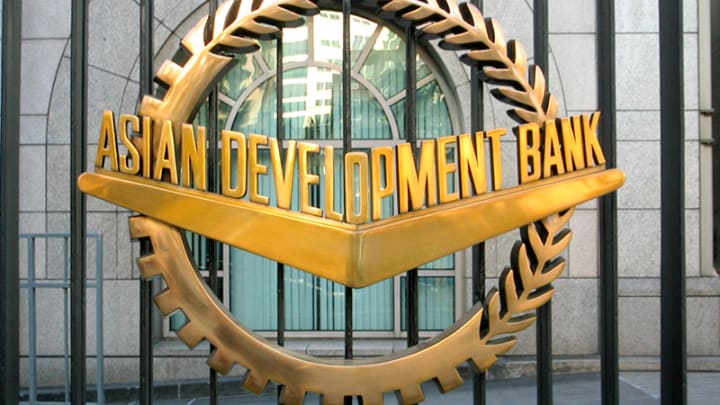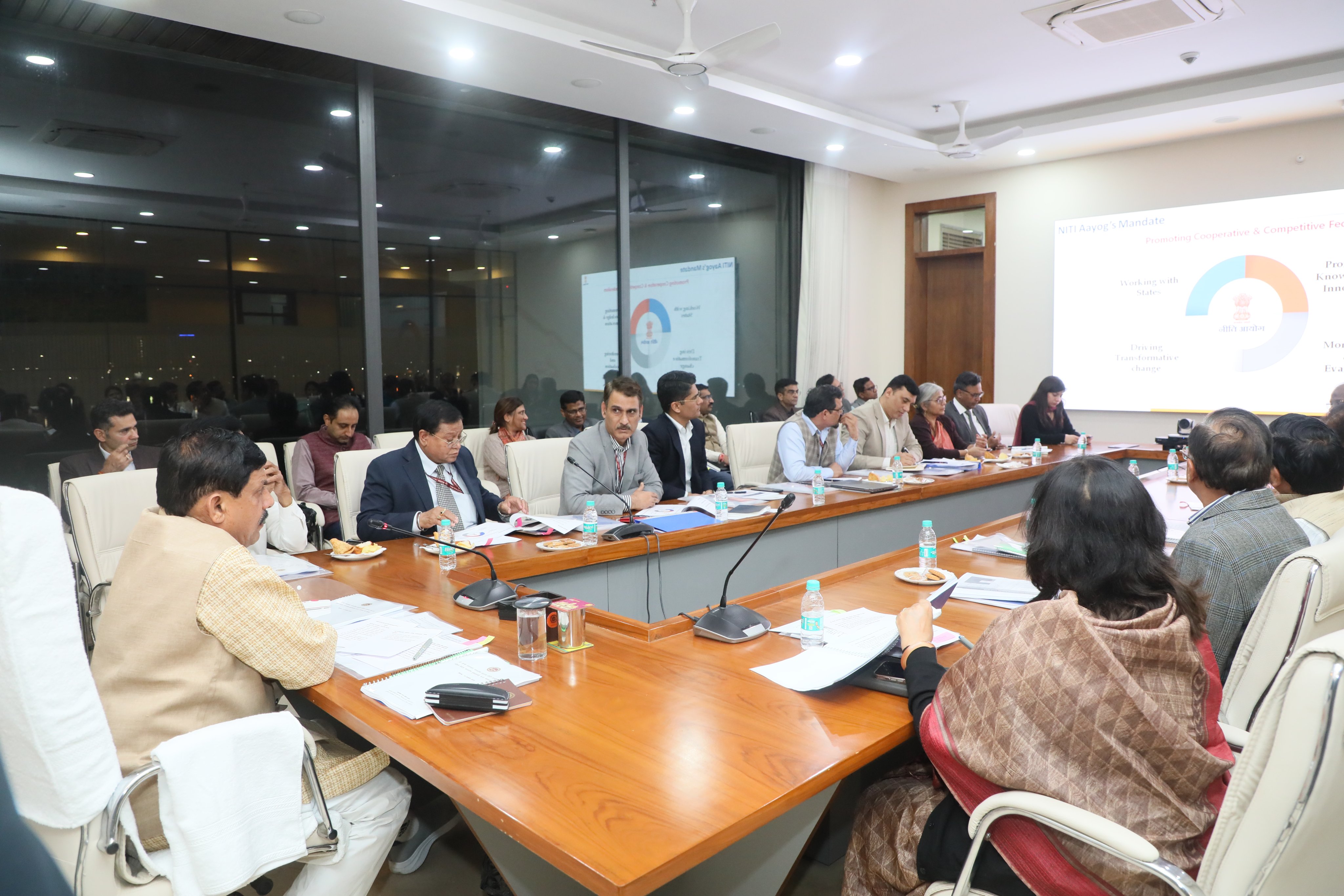A significant investment is poised to revitalize Ahmedabad’s peri-urban areas, thanks to a collaborative effort between the Indian government and the Asian Development Bank (ADB). A $181 million loan signed in March 2024 will propel the Ahmedabad Peri-urban Livability Improvement Project, aiming to create a more livable, sustainable, and efficient environment for residents.
 The project takes a comprehensive approach to address critical infrastructure needs. A new 166-kilometre water distribution network will ensure reliable access to clean water for residents. Climate-resilient stormwater drainage systems spanning 126 kilometres will mitigate flooding risks during heavy monsoons, a common challenge in many Indian cities. Additionally, the construction of 300 kilometres of sewerage systems and four sewage treatment plants will significantly improve sanitation and public health.
The project takes a comprehensive approach to address critical infrastructure needs. A new 166-kilometre water distribution network will ensure reliable access to clean water for residents. Climate-resilient stormwater drainage systems spanning 126 kilometres will mitigate flooding risks during heavy monsoons, a common challenge in many Indian cities. Additionally, the construction of 300 kilometres of sewerage systems and four sewage treatment plants will significantly improve sanitation and public health.
Recognizing the importance of seamless movement within the city, the project prioritizes improved connectivity. Ten key junctions along the Sardar Patel Ring Road will undergo upgrades, easing traffic flow and reducing travel times between peri-urban areas and Ahmedabad city. This will not only benefit residents but also encourage economic activity and development within the peri-urban zones.
The project goes beyond infrastructure development. It places a strong emphasis on social equity and environmental sustainability. Upgrading urban services and governance will directly improve the quality of life for the urban poor, women, and migrant workers who often face challenges in peri-urban areas.
The ADB’s technical assistance will be instrumental in this regard. They will collaborate with the Ahmedabad Urban Development Authority and local bodies to develop technology-based urban planning strategies that consider climate change and disaster resilience. This ensures that the newly built infrastructure is not only functional but also adaptable to future environmental challenges.
Social and environmental safeguards are another key focus area. The ADB will work with stakeholders to ensure infrastructure projects meet environmental and social standards, promoting gender equality and social inclusion throughout the planning and implementation process.
The project acknowledges that long-term success hinges on building institutional capacity and fostering community engagement. The ADB will provide training and support to local authorities in financial planning, revenue generation, and infrastructure management. This will ensure the project’s long-term sustainability and the efficient management of the upgraded infrastructure.
Community involvement is another crucial aspect. Awareness campaigns will educate residents on water conservation, health, and hygiene practices, empowering them to contribute to a cleaner and healthier environment. Additionally, women’s self-help groups will receive training on water supply operations, fostering their economic participation and creating a more inclusive development process.
The project also explores innovative approaches to sustainability. By developing a public-private partnership for recycling treated sewage for industrial use, the initiative aims to reduce environmental strain and promote a more circular economy.



